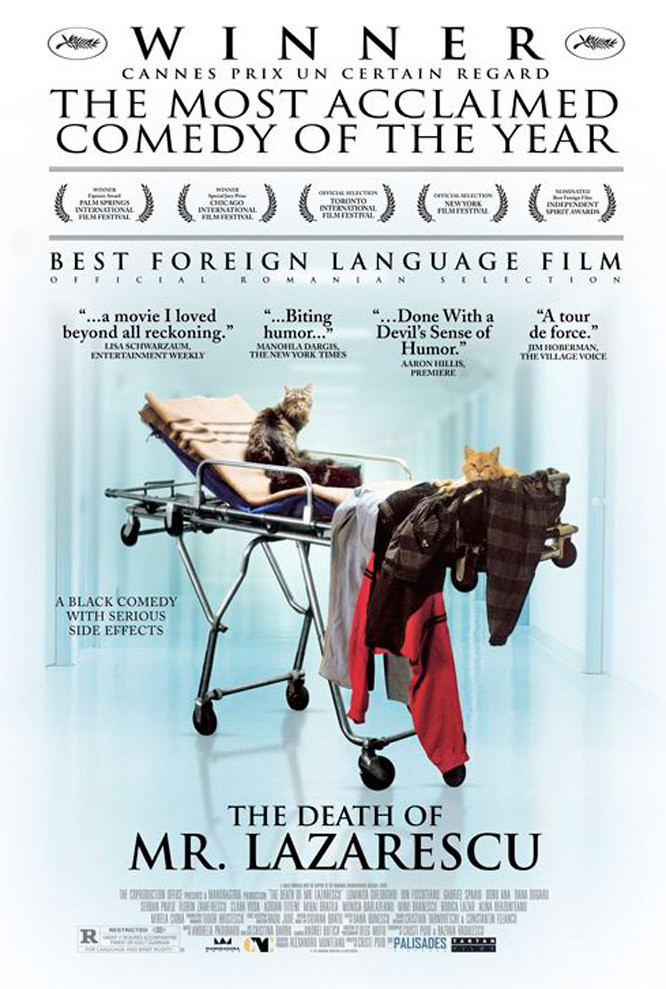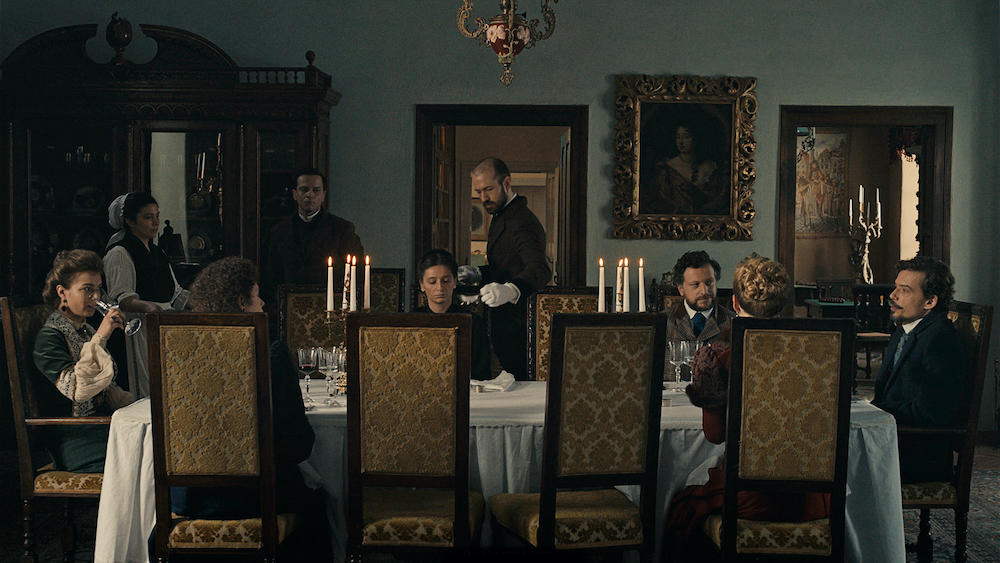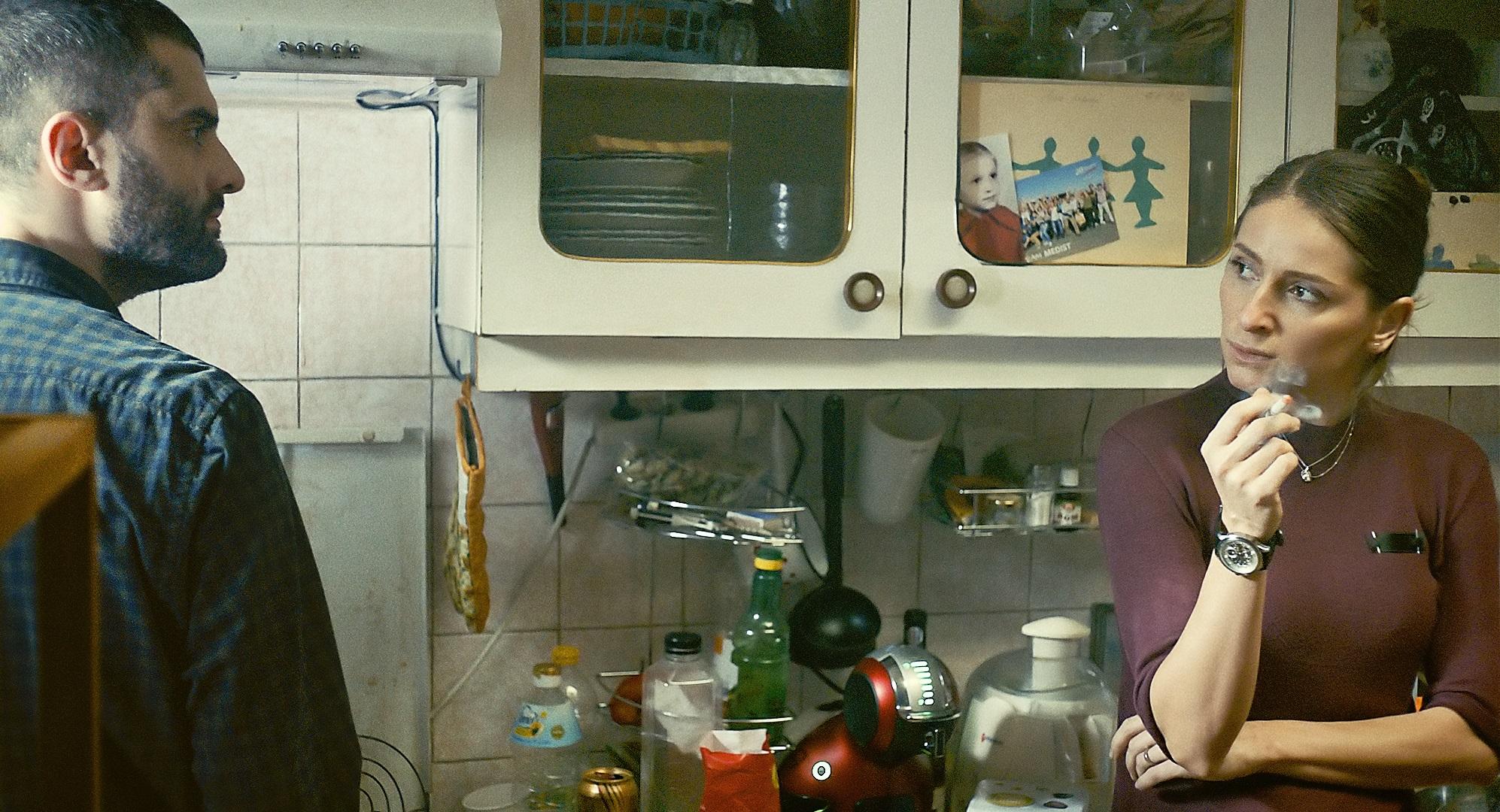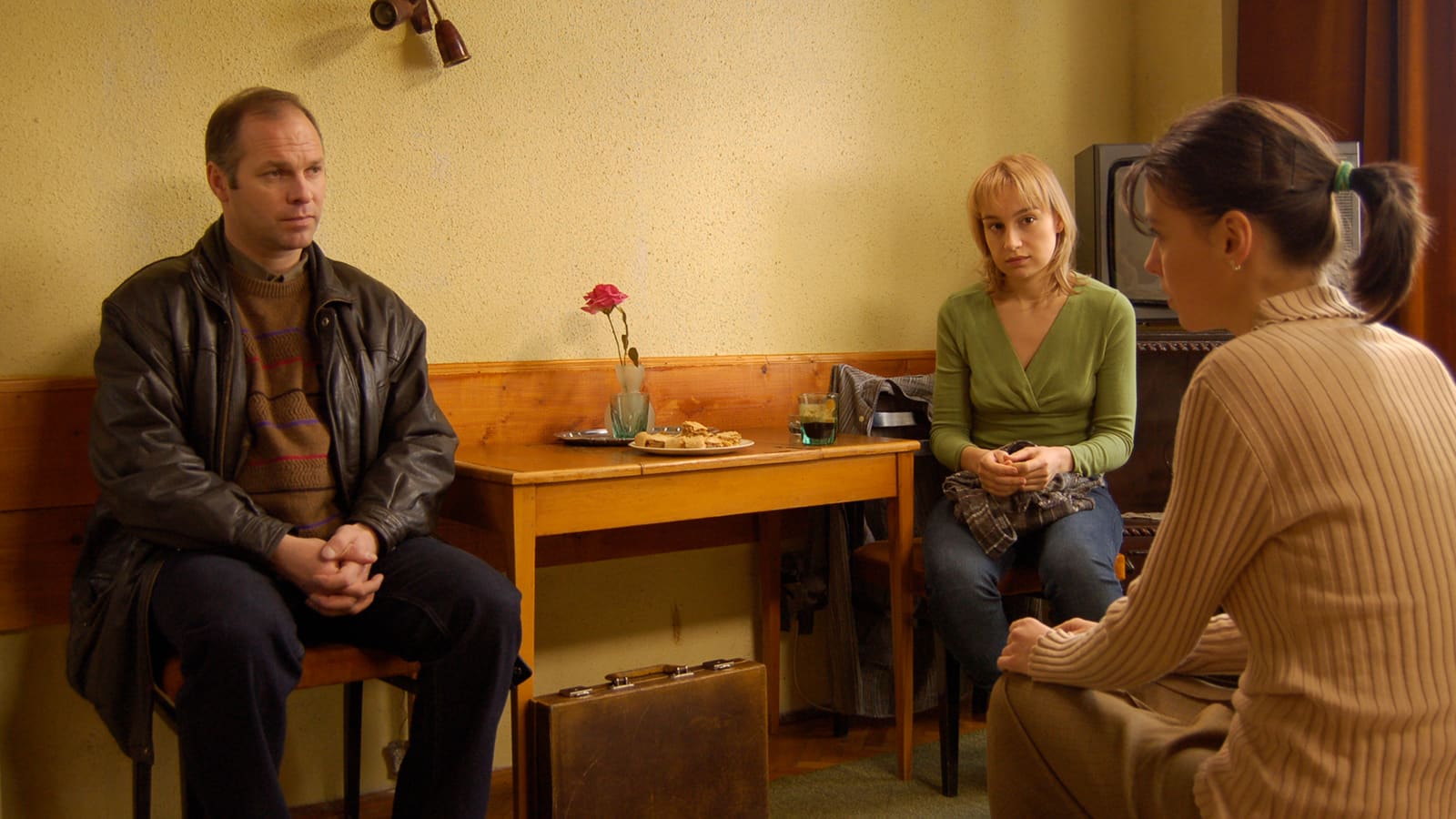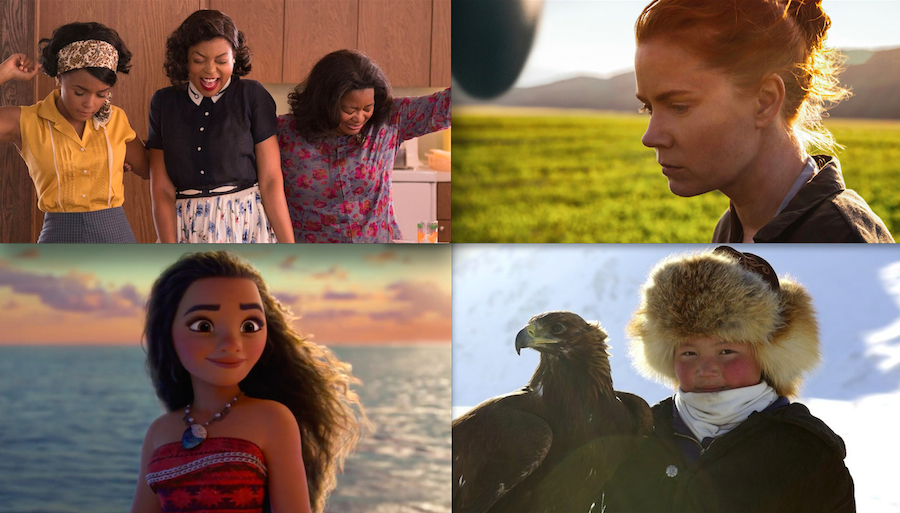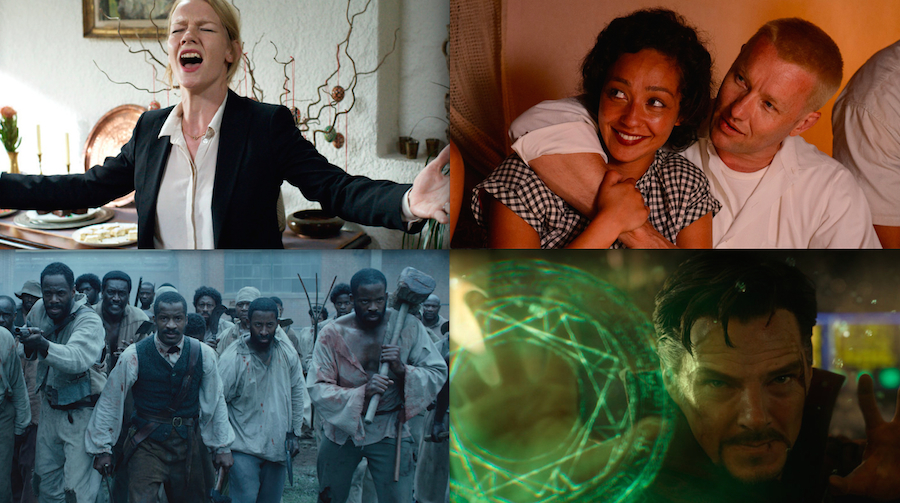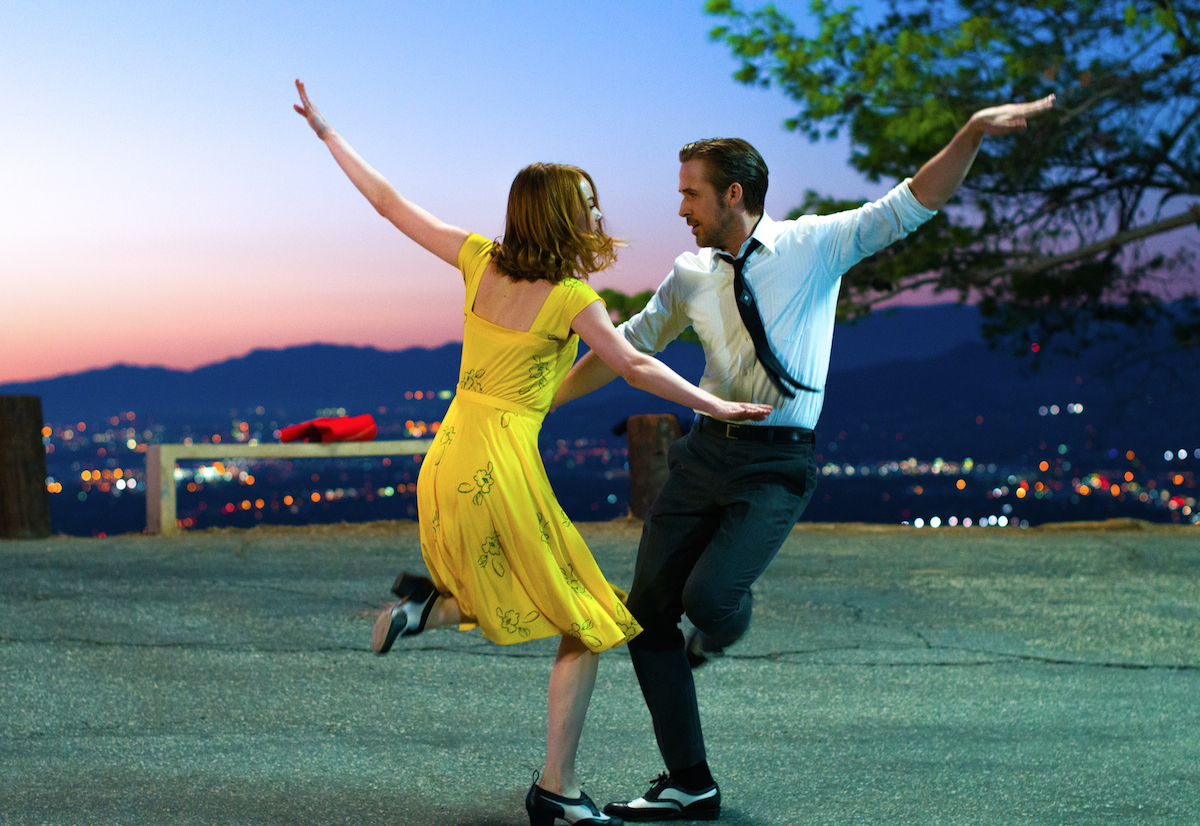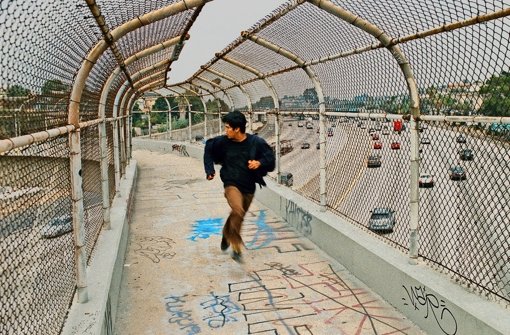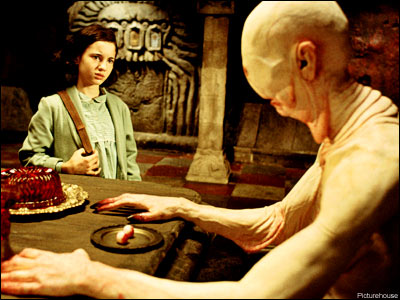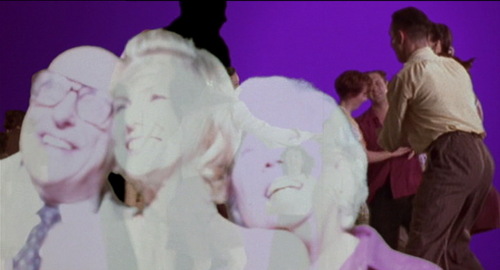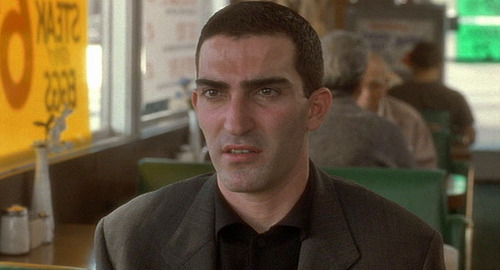Cristi Puiu Movie Reviews
Blog Posts That Mention Cristi Puiu
NYFF 2020: Malmkrog, Days, I Carry You With Me
Godfrey Cheshire
Cannes 2016: “Sieranevada,” “Staying Vertical,” “I, Daniel Blake,” “Clash”
Barbara Scharres
Losing control, or ceding control, or not…
Jim Emerson
Cannes 2024: Emilia Pérez, Three Kilometers to the End of the World, Caught by the Tides
Ben Kenigsberg
4 Months, 3 Weeks, 2 Days
Seongyong Cho
New Directors/New Films 2017: “The Last Family”
Michał Oleszczyk
A Baker’s Dozen: 13 More Must-See Films of 2016
Chaz Ebert
Lucky 13 Must-See Films of 2016
Chaz Ebert
CIFF 2016: “Sieranevada,” “Olli Mäki” are Festival Favorities
Nick Allen
NYFF 2016: Preview of the 54th New York Film Festival
Godfrey Cheshire
CIFF 2016: Preview of the 52nd Chicago International Film Festival
Nick Allen
Thumbnails 5/18/16
Matt Fagerholm
Video: “I, Daniel Blake,” “Sieranevada” and “Staying Vertical”
The Editors
Cannes 2016: Alterna-Cannes 2016 and Pablo Larrain’s “Neruda”
Ben Kenigsberg
Berlin 2016: “Soy Nero”
Neil Young
CIFF 2015 Interview: Corneliu Porumboiu on “The Treasure”
Patrick Z. McGavin
The best movies of 2006
Roger Ebert
A taste of lemon, a whiff of ash…
Barbara Scharres
More film polls: Top 150 of Decade, Top 160 of 2009…
Jim Emerson
Consensus? Mulholland Dr. is LA Film Critics’ movie of the decade, too
Jim Emerson
Cannes coda: Why it’s all worth it
Roger Ebert
Popular Reviews

The best movie reviews, in your inbox
